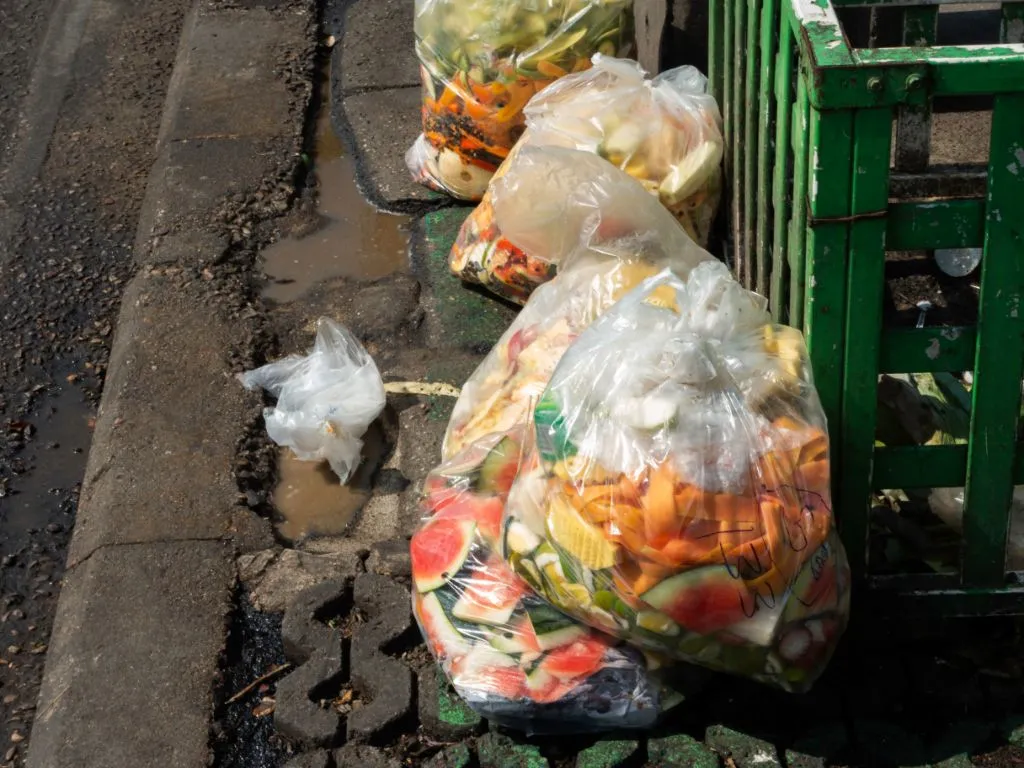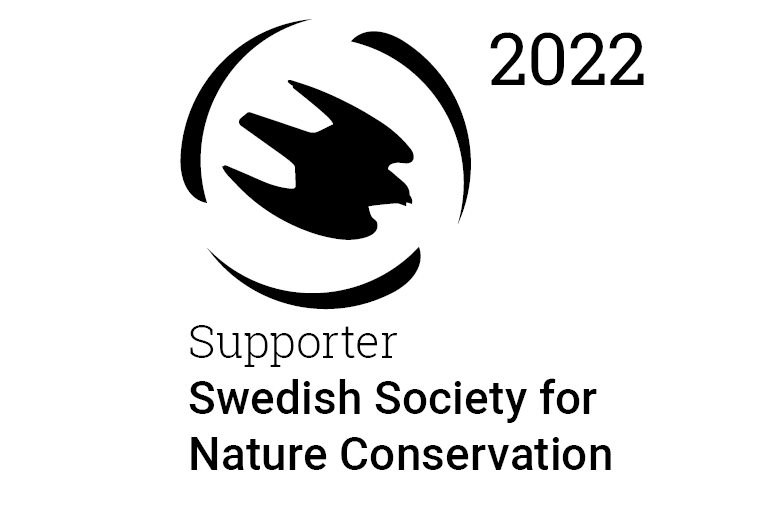- Home
- News Details
News Details

EU Parliament Adopts Measures to Tackle Food and Textile Waste
2024-03-23 Reference source : European Parliament
Built environment Circular Economy Action Plan
On 13 March 2024, the European Parliament adopted proposals to better prevent and reduce food and textile waste across the EU.
Objectives:
The proposed amendments to the Waste Framework Directive (WFD) focus on two resource-intensive sectors: textiles and food. The main objectives are to reduce the environmental and climate impacts associated with waste management and to prevent food waste, thereby contributing to improved public health and food security.
Background:
The EU generates a significant amount of waste each year, including 60 million tonnes of food waste and 12.6 million tonnes of textile waste. Clothing and footwear alone contribute 5.2 million tonnes of waste annually, highlighting the urgent need for action. Despite these alarming figures, less than 1% of the world’s textiles are recycled into new products.
Key Proposals:
Tougher Food Waste Reduction Targets: The Parliament proposes higher binding waste reduction targets to be achieved by 2030, including at least a 20% reduction in food processing and manufacturing and a 40% per capita reduction in retail, restaurants, food services, and households. It also calls on the Commission to evaluate the feasibility of even higher targets for 2035.
Extended Producer Responsibility (EPR) for Textiles: Producers selling textiles in the EU would be required to cover the costs of separate collection, sorting, and recycling. This extension of producer responsibility schemes aims to incentivize more sustainable practices within the textile industry.
Conclusion:
These measures represent a significant step forward in promoting circular economy principles and addressing waste management challenges in the EU. By adopting tougher targets and extending producer responsibility, the Parliament is demonstrating its commitment to achieving a more sustainable and environmentally friendly future.
We acknowledge that the above information has been compiled from European Parliament.
Global Product Compliance (GPC) specializes in Global Regulatory Compliance Solutions across sectors
globally. SSS Europe, a familiar name in chemical regulatory and compliance services now formally belongs
under the umbrella of GPC Holding Sweden.
Since 2008, we have emerged as one of the leading names among Global Regulatory Compliance Service
Providers with Representation services in Europe, Asia and Middle East for respective chemical
regulations.


